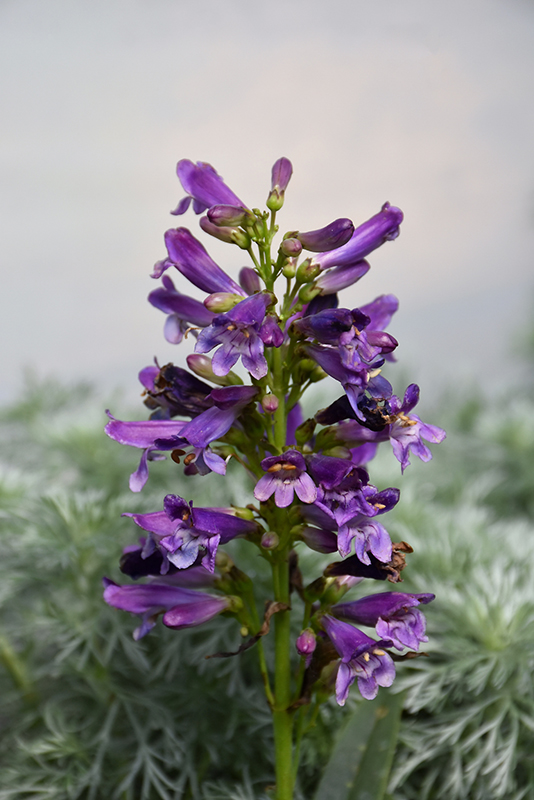Brunswick
422 Bath Road
Brunswick, ME 04011
1-800-339-8111
207-442-8111
Falmouth
89 Foreside Road
Falmouth, ME 04105
1-800-244-3860
207-781-3860
Cumberland
201 Gray Rd (Route 100)
Cumberland, ME 04021
1-800-348-8498
207-829-5619
Pristine Lilac Purple Beardtongue
Penstemon barbatus 'Pristine Lilac Purple'
Plant Height: 15 inches
Flower Height: 20 inches
Spacing: 14 inches
Sunlight:
![]()
![]()
Hardiness Zone: 5a
Group/Class: Pristine Series
Brand: Dummen Orange
Description:
A beautiful summer bloomer with an upright clumping habit, ideal for beds, borders and containers; large sturdy stems with lilac-purple, tubular flowers rise above glossy green foliage; long blooming; excellent for cut flowers; drought tolerant
Ornamental Features
Pristine Lilac Purple Beardtongue has masses of beautiful spikes of lilac purple tubular flowers with purple overtones rising above the foliage from mid spring to mid summer, which are most effective when planted in groupings. The flowers are excellent for cutting. Its glossy narrow leaves remain green in color throughout the season.
Landscape Attributes
Pristine Lilac Purple Beardtongue is an herbaceous perennial with an upright spreading habit of growth. Its relatively fine texture sets it apart from other garden plants with less refined foliage.
This is a relatively low maintenance plant, and is best cleaned up in early spring before it resumes active growth for the season. It is a good choice for attracting butterflies and hummingbirds to your yard. It has no significant negative characteristics.
Pristine Lilac Purple Beardtongue is recommended for the following landscape applications;
- Mass Planting
- Border Edging
- General Garden Use
- Container Planting
Planting & Growing
Pristine Lilac Purple Beardtongue will grow to be about 15 inches tall at maturity extending to 20 inches tall with the flowers, with a spread of 18 inches. When grown in masses or used as a bedding plant, individual plants should be spaced approximately 14 inches apart. It grows at a fast rate, and under ideal conditions can be expected to live for approximately 10 years. As an herbaceous perennial, this plant will usually die back to the crown each winter, and will regrow from the base each spring. Be careful not to disturb the crown in late winter when it may not be readily seen!
This plant does best in full sun to partial shade. It prefers dry to average moisture levels with very well-drained soil, and will often die in standing water. It is considered to be drought-tolerant, and thus makes an ideal choice for a low-water garden or xeriscape application. This plant should not require much in the way of fertilizing once established, although it may appreciate a shot of general-purpose fertilizer from time to time early in the growing season. It is not particular as to soil type or pH. It is somewhat tolerant of urban pollution. This is a selection of a native North American species. It can be propagated by division; however, as a cultivated variety, be aware that it may be subject to certain restrictions or prohibitions on propagation.
Pristine Lilac Purple Beardtongue is a fine choice for the garden, but it is also a good selection for planting in outdoor pots and containers. With its upright habit of growth, it is best suited for use as a 'thriller' in the 'spiller-thriller-filler' container combination; plant it near the center of the pot, surrounded by smaller plants and those that spill over the edges. Note that when growing plants in outdoor containers and baskets, they may require more frequent waterings than they would in the yard or garden.

